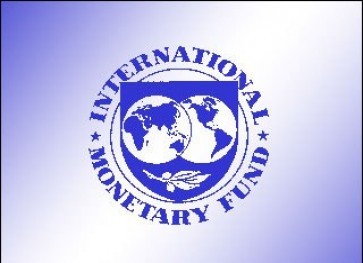IMF PROJECTS BULGARIA'S BUDGET DEFICIT AT 1.8%
Fund improves considerably its economy forecast
The International Monetary Fund (IMF) forecasts that Bulgaria's budget deficit will reach 1.8% of GDP in 2010, IMF mission leader for Bulgaria Bas Bakker said. In his words, at the end of 2009 the budget showed a cash gap of 0.8% but the build-up of arrears widened the deficit to some 1.9% of GDP in accrual terms.
Bulgaria's convergence programme projects a gap of 0.7% in 2010. According to the IMF meeting that target will be challenging. The government should closely adhere to the budgeted spending limits to offset the deterioration in tax revenue, the IMF underscored.
Reaction
The government will pay only contractor companies that have done and invoiced their work, finance minister Simeon Dyankov pointed out. The budget gap may be a little bigger but it will stay about that figure, prime minister Boyko Borisov was adamant. The government will step up VAT reimbursement and by the end of March the amount due to companies will be reduced to BGN 300 million from BGN 450 million at the beginning of the year, Dyankov said.
Projections
The IMF has considerably improved its economic projection. Bulgaria's GDP will increase 0.2% in 2010, Bakker said. The IMF previously forecast a 2.5-percent decline. The slight economic growth expected by the IMF is close to the government's projection of 0.3%, Dyankov said.
IMF's inflation predictions are the same as the government's: 2.5% in 2010. According to the IMF Bulgaria's current account deficit will continue narrowing, reaching 5.5% of GDP from 8.5% in 2009. The figure shows that the fund is more optimistic about the current account, as the government projects a gap of about 8%.
Advice
The Bulgarian government should press on with its strict fiscal policy and take urgent measures to reform healthcare and the social sphere. According to the IMF containing public wage growth will not only contain expenditure but also help limit economy-wide wage growth and help private sector competitiveness.
The economy will be driven by exports, not by consumption, the IMF said. The government should continue fighting the grey economy and corruption. The regulations and the expenses for starting business should be reduced.
Banking
The main challenge facing the banking sector this year is to absorb the increase in non-performing loans. Bakker praised the government for the substantial buffers built up in the banking system during the boom years, as well as for the high capital adequacy ratio of 17%, which is well above the European Union's 9%.






